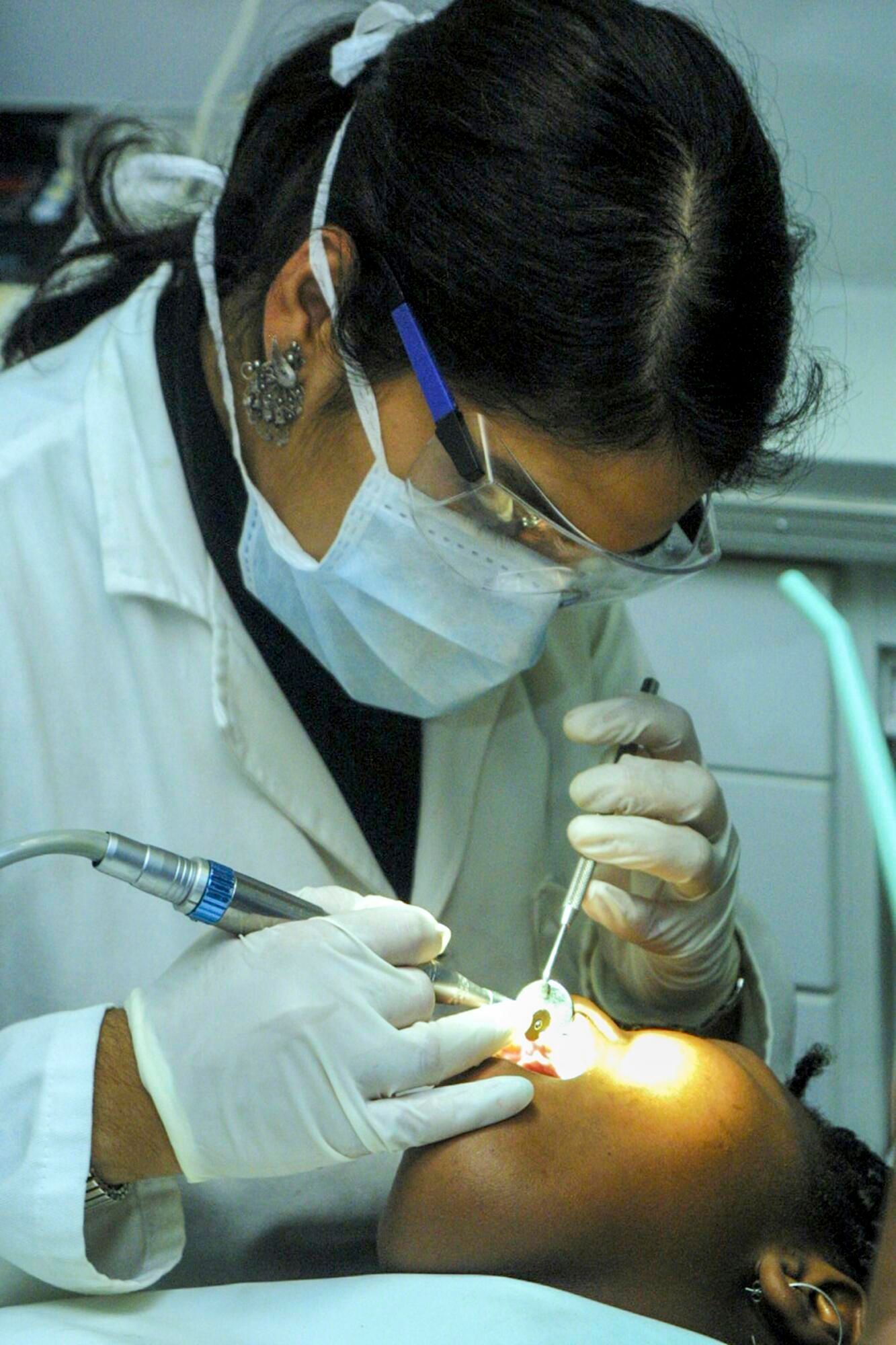A fresh, new smile is waiting for you, and all you need to do is make an appointment! Your guide to getting dental implants Lutz FL is here.
How often have you hidden your smile in photos or felt self-conscious during social gatherings? A confident smile can be a game-changer. It can impact not just your appearance but also your self-esteem and social interactions.
With advancements in dental care, particularly in dental implants in Lutz FL, reclaiming that lost confidence is more achievable than ever. Imagine a solution that not only restores your smile but also feels and functions like your natural teeth.
This isn't just about aesthetics; it's a step towards a new you, where each smile reflects your inner joy and confidence. Keep reading to discover how dental implants can revolutionize your oral health and overall well-being.
What are Dental Implants?
Dental implants have revolutionized the way we approach oral health, particularly for those who have lost teeth. Think of a dental implant as an artificial replacement for the root of a missing tooth.
Unlike traditional methods that simply sit on the gum's surface, implants are anchored directly into the jawbone to provide a sturdy and long-lasting foundation.
The process begins with a small, screw-like post, often made of titanium, which is placed into the jawbone. Titanium is a unique material known for its strength and compatibility with human bone which makes it an ideal choice for this purpose.
Once the post is in place, the bone around it gradually fuses to the implant in a process called osseointegration. This fusion creates a strong and durable bond that mimics the stability of a natural tooth root.
After this integration, a custom-made crown, which resembles a real tooth, is attached to the post. This crown is meticulously crafted to match the color and shape of your surrounding teeth and ensure a natural look and feel.
The final result? A fake tooth that not only looks real but also functions like a natural tooth, enabling you to eat, talk, and smile without any discomfort or self-consciousness.
The Ideal Candidate for Dental Implants in Lutz FL
When it comes to dental implants, not everyone is an automatic fit. The ideal candidate is someone who ticks several important boxes in terms of oral health and lifestyle.
First and foremost, good oral hygiene is crucial. This means having healthy gums free of periodontal disease, which is vital for the success of the implant.
Equally important is having enough bone in the jaw to support the implant. The jawbone is the foundation for the implant, and without sufficient bone density, the implant may not have the necessary support to stay in place. In some cases, procedures like bone grafting can be performed to augment the jawbone and make it suitable for an implant.
Non-smokers have a distinct advantage when it comes to dental implants. Smoking can impede the healing process and decrease the chances of successful implant integration.
Additionally, overall health plays a role too. Conditions that affect healing or bone density, such as diabetes or osteoporosis, need to be managed before considering implants.
Types of Dental Implants
When you're missing just one tooth, a single dental implant is the go-to solution. For those missing more than one tooth, multiple dental implants come into play.
Here, instead of replacing each tooth with an individual implant, a few strategically placed implants can support a bridge. This bridge consists of several connected crowns that fill the gap left by multiple missing teeth.
In cases where all teeth are missing, a full bridge supported by implants is an excellent solution. This involves placing several jawbone screws at specific points in the mouth. These screws hold a full set of artificial teeth, providing a stable and permanent alternative to traditional dentures.
Advantages of Dental Implants Over Traditional Methods
Dental implants offer several advantages over conventional dentures and bridges. First and foremost, they are anchored in the jawbone to provide stability that other methods can't match. This stability means you can eat, speak, and smile with confidence, without worrying about your teeth shifting or slipping.
Unlike bridges, dental implants don't rely on neighboring teeth for support, which helps in preserving the health of your natural teeth. Additionally, while bridges and dentures typically need replacements every 7 to 10 years, dental implants are designed to last a lifetime with proper care. This makes them a more cost-effective solution in the long run.
Comprehensive Care
At TERSA Oral and Facial Surgery, we pride ourselves on providing comprehensive care for all your dental implant needs. Our approach goes beyond just the procedure itself. From the initial consultation to the final placement of your implants, we ensure that every step is carried out with precision and care.
Our team, led by Dr. Andres Guerra-Andrade, is equipped with the latest technology and techniques in implant dentistry. This, coupled with our commitment to personalized care, ensures that your journey toward a new smile is in the safest of hands.
Post-Treatment Care and Maintenance
After getting dental implants, the care doesn't stop once you leave the dentist's chair. Maintaining your new teeth is crucial for ensuring their longevity.
Regular brushing and flossing are essential, just like with natural teeth. It's also important to visit your dentist regularly for check-ups and cleanings.
Even though dental implants are resistant to decay, the gums and surrounding bone are still susceptible to disease, which can affect the stability of the implants. Therefore, maintaining good oral hygiene and regular dental visits are key to keeping your implants in top condition for years to come.
Take the First Step Towards Your New Smile
Embracing a future with a radiant smile is not just a dream anymore. At TERSA Oral and Facial Surgery, we specialize in turning this vision into reality. Our expertise in providing top-notch dental implants ensures that your journey toward a brighter smile is smooth and comfortable.
With our skilled professionals, state-of-the-art technology, and personalized care, we stand out as a beacon of excellence in dental implants in Lutz FL. So why wait? Schedule your appointment with us today and take the first step towards the confident, beautiful smile you deserve.




